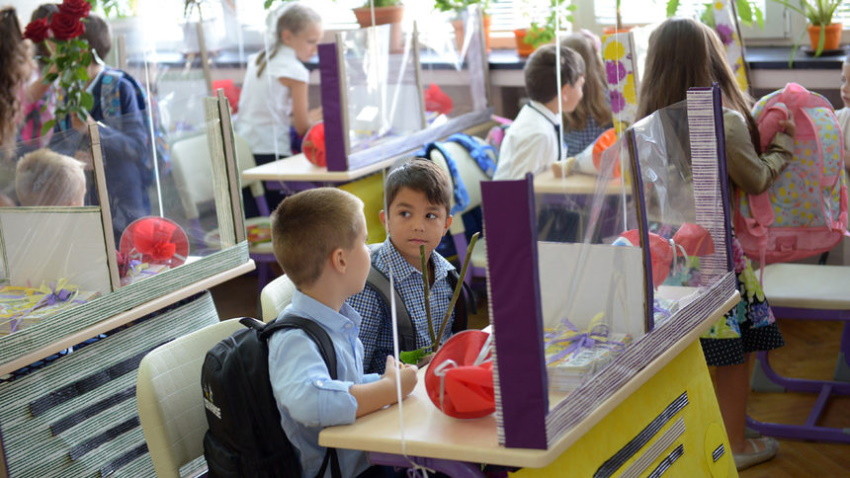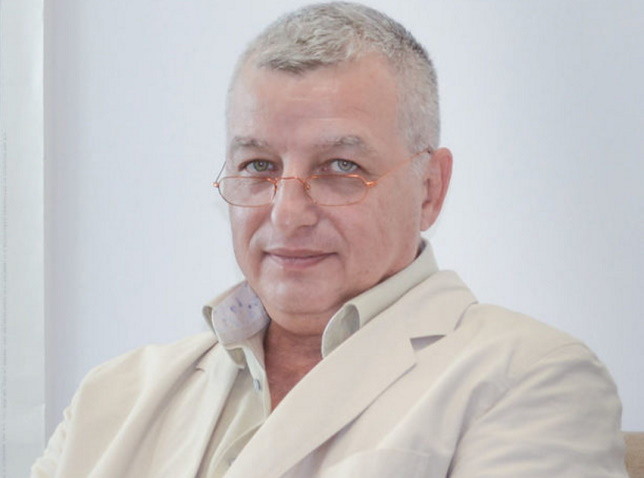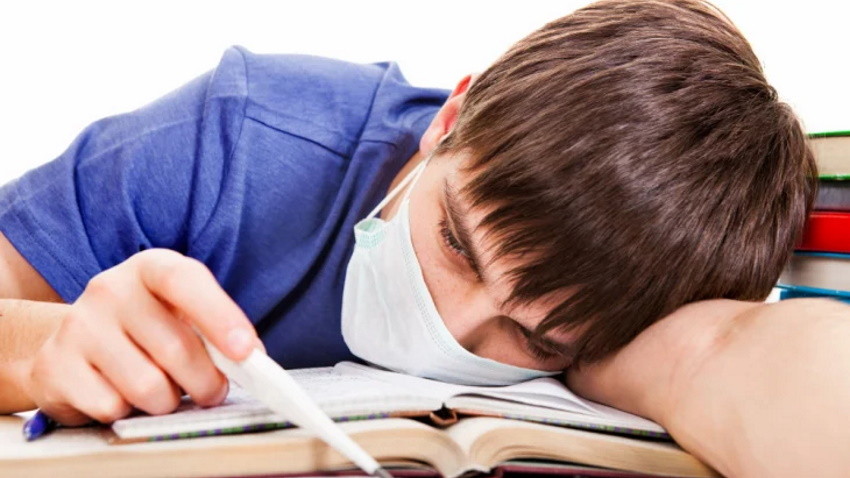Is it normal to communicate with your teachers online or through a Plexiglas barrier, to move in the school corridor only along a certain route marked with arrows, to wear a mask behind which you have difficulty breathing and you cannot express your emotions, to keep being told that you have to observe a "social distance" and finally, if you sneeze, be locked up in a special "isolation room" waiting for mom or dad to take you home? This is the new reality for students in Bulgaria and around the world, which has become part of the so-called "new normal".

But to what extent is "the normal" really normal and how would preventive measures against the spread of coronavirus infection affect the fragile children's psyche?
"Frankly, I don't know. We have never been in such a situation before," Ivan Igov, one of the most famous Bulgarian school psychologists, told Radio Bulgaria. He compares the Covid-19 pandemic to other major social upheavals. As with them, so in this case the consequences, according to him, are related to the so-called post-traumatic stress disorder: “It usually appears from a few weeks to a few months after the crisis. And in our case, it hasn't even passed yet! ” However, the situation should not be dramatized:
"Children have different reactions in different age groups”, says Ivan Igov. “The younger ones accept it as a game. In addition, the actual wearing of masks at school is for a relatively short period - maybe about 20 minutes a day. In practice, children are without masks in class. In my opinion, the situation is actually more stressful for teachers than for students.

As for older students, post-traumatic stress usually leads to aggression. I expect it to intensify with them. Let's not forget that in Bulgaria school bullying is already widespread enough. The problem is that when we talk about aggression, we do not mean only its external manifestation. It can be turned inwards and towards oneself. Children can start to close within themselves, experience depressive syndromes, they can even go to some extremes”.
There is another factor which might increase stress amidst the Covid-19 pandemic, says Ivan Igov. Bulgarian schools in big cities are overcrowded. Some of these buildings have been built for 300 to 500 children, but currently in some of them between 1,300 to 1,500 students are trained in different shifts. And all attempts to reschedule classes there, with the idea of not having a large number of children, lead to additional tension. In practice, in these schools there are no conditions for the so-called "social distancing".
Is it possible that the so-called “new normal” might put the younger generation in a distorted social model, reaching extreme sterility and isolation?

“I do not think that this will have long-term consequences for the children,” Ivan Igov firmly says. “In social psychology, post-traumatic conditions are observed, for example, after wartime. But wars inflict much greater trauma over a longer period of time. The truth is that generations manage to adapt to social upheavals, especially children. My predictions are that by spring we will return to a normalcy close to the one we lived in until recently. And children will learn to live with a little better hygiene and sensitivity”.
English Rossitsa Petcova
Photos: BGNES, dnevnik.bg and private library
The Clean Life Foundation is today launching a four-week therapy programme for children who have tried opiates, combining therapeutic sessions with recreational activities. The NGO is running an information campaign for parents whose teenagers aged..
The town of Tutrakan, located along the banks of the Danube River, gathers apricot producers from the region for the traditional festival "Tutrakan – the Apricot Capital". Connoisseurs of the delicious fruit meet on Sunday for the 20th..
Butterfly and wildlife enthusiasts gathered near the waterfall in the village of Polska Skakavitsa (Kyustendil region) for the Butterfly Festival to observe one of the most beautiful natural phenomena along the Struma River. The waterfall is about 50..
Skopje aims to attract cargo from Europe to Thessaloniki with a new railway line The construction of the railway line along Corridor 10 is a..

+359 2 9336 661
